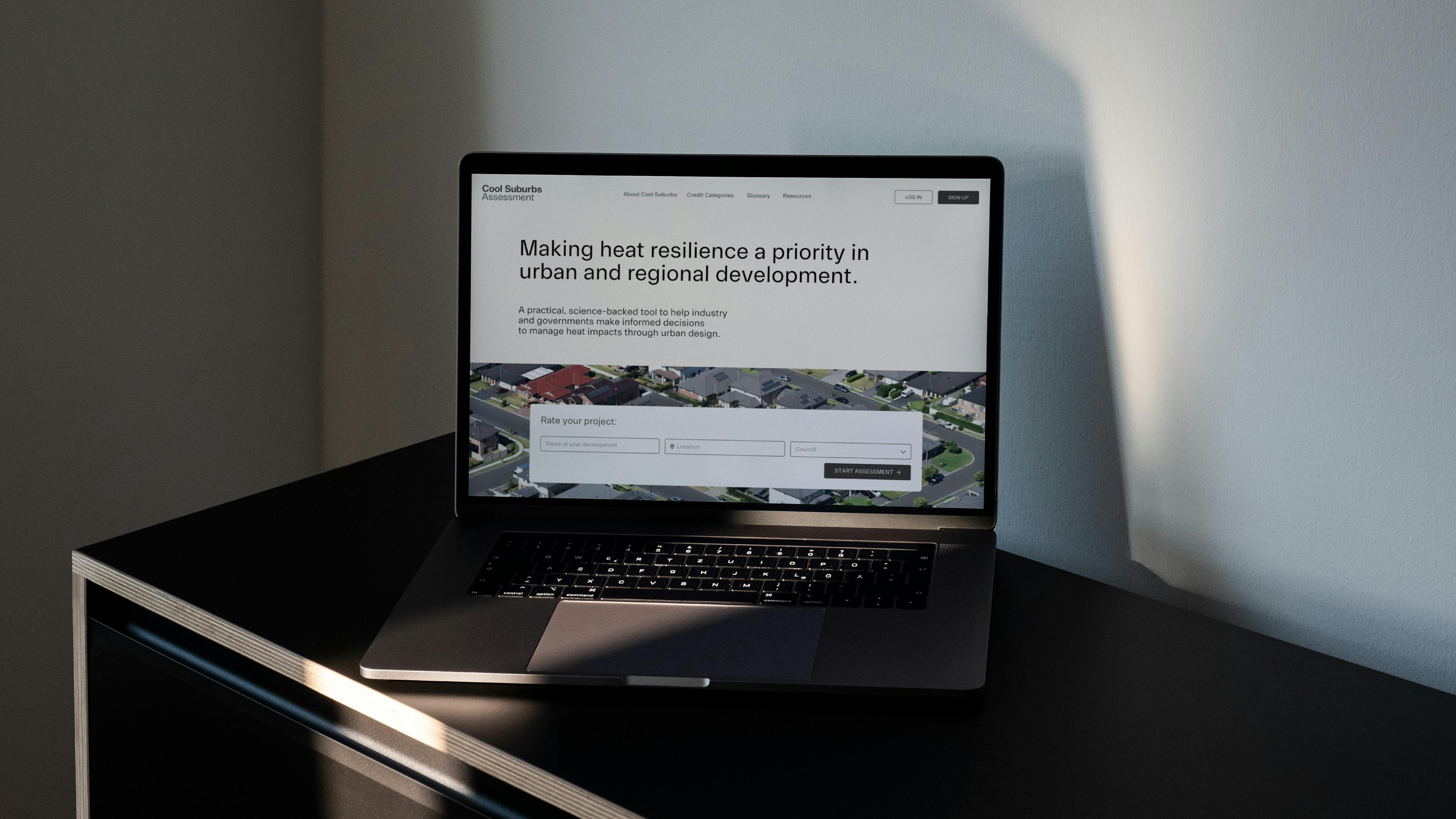
Urban Cooling Strategy
Building Heat Resilience with Cool Suburbs NSW
A science-backed tool helping NSW developments tackle extreme heat
The Challenge
Heat is one of the most pressing and complex issues facing communities across New South Wales.
It has far-reaching impacts, affecting people’s health, the environment, and economic resilience, and is being intensified by climate change and rapid urbanisation.
To address this, Western Sydney Regional Organisation of Councils (WSROC) wanted to develop a comprehensive, science-based digital tool to help planners, designers, and policymakers make informed decisions that reduce urban heat impacts and improve community resilience across NSW’s diverse climate zones.
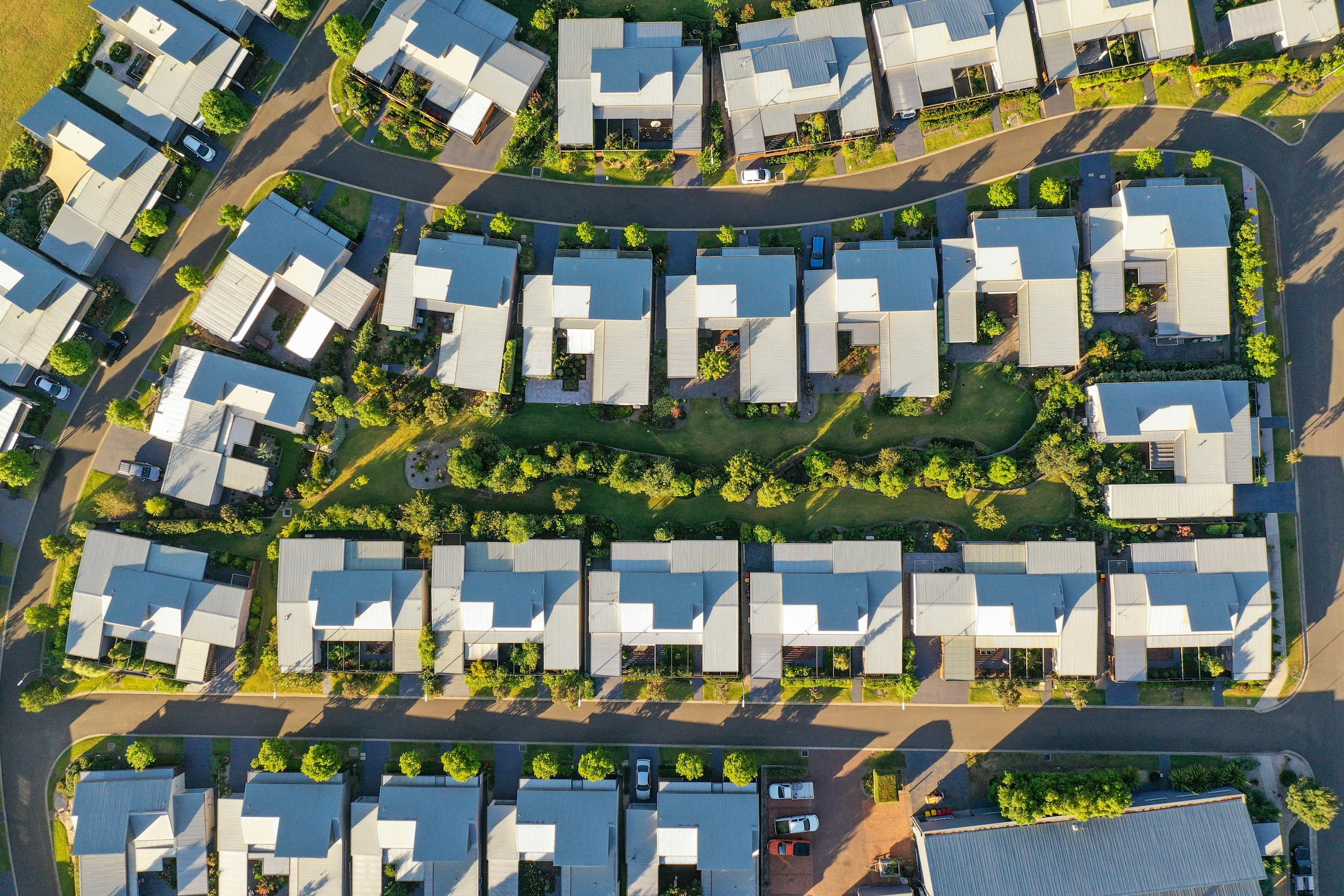
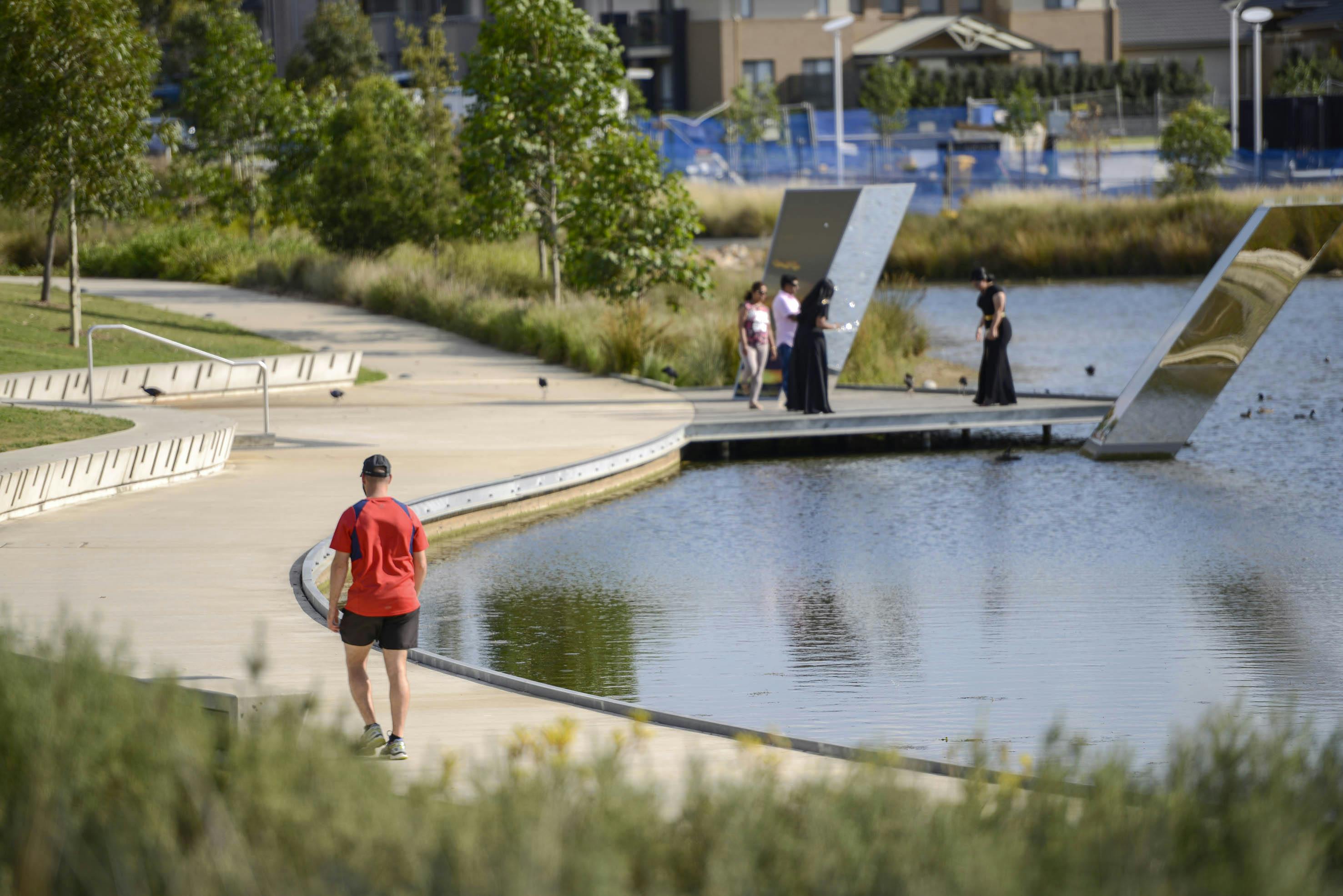
Key Deliverables
Cool Suburbs NSW online tool
Stakeholder & science panel engagement
Backend infrastructure & analytics support
The Approach
Our approach focused on translating complex climate and heat science into a user-friendly, fit-for-purpose tool that could be used by planners, developers, architects and policymakers across NSW.
We worked alongside a dedicated science panel to review the latest evidence and shape a robust rating framework, and partnered with an industry stakeholder working group to guide real-world applicability.
By grounding the framework in science and stakeholder feedback, we ensured the Cool Suburbs Assessment could drive action on-the-ground while supporting strategic policy goals.
The project followed a two-phase development approach. Phase 1, completed in 2022, involved the release of a downloadable Excel-based tool to pilot the framework and gather feedback. Phase 2, delivered in 2024, transformed the tool into a web-based platform with improved functionality, reach and user experience.
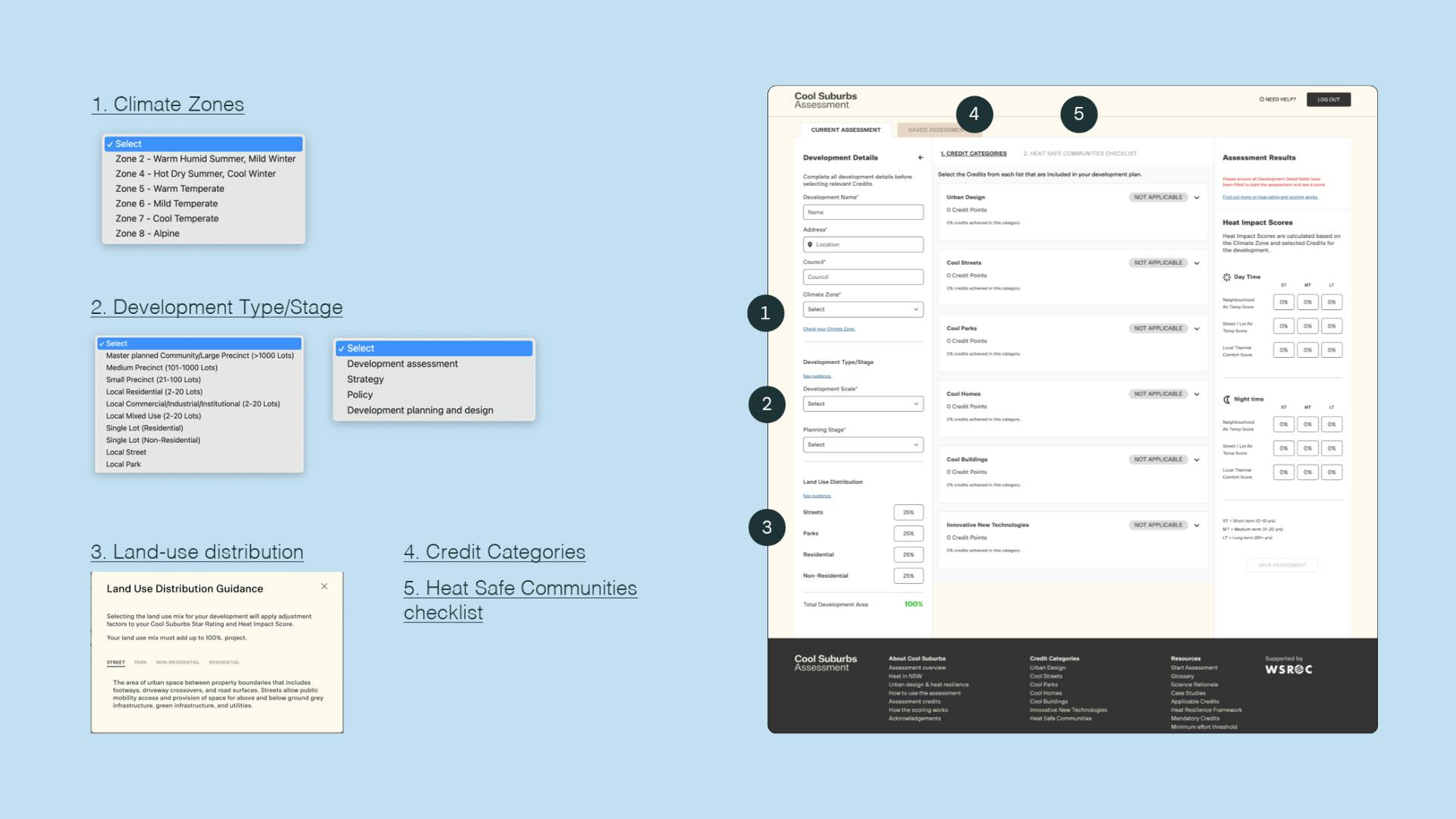
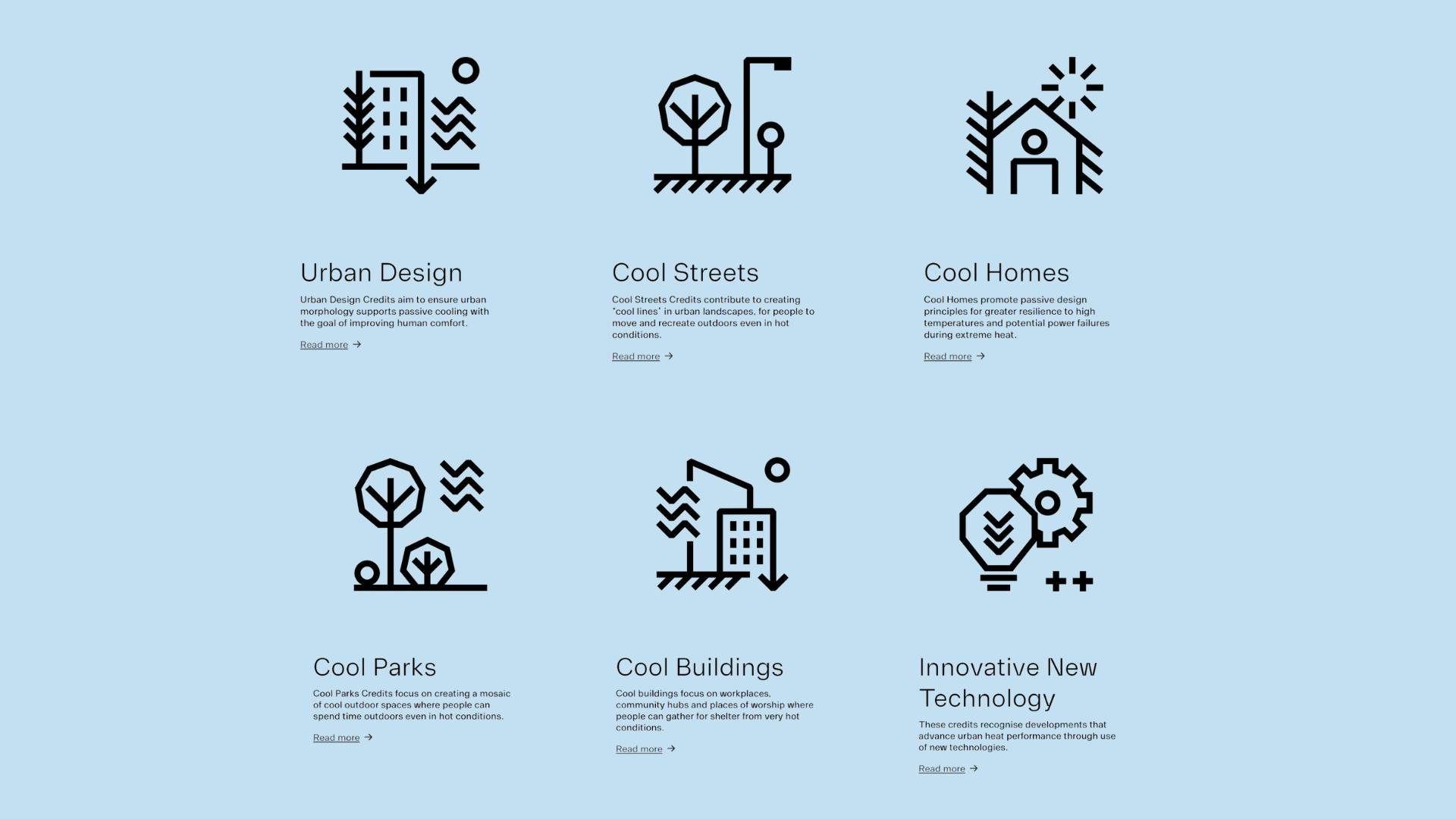
A key part of the work was the development of the Science Translation and Rationale document, which focused on four core elements:
- Identify requirements for the tool to be applicable to all NSW climate zones.
- Expand, develop and document a scientifically robust method to expand out the current tool.
- Review and identify influencing factors and new innovations technologies.
- Update credits and impact scores to reflect all NSW climate zones. Translate findings into update metrics within the Science Rationale document.
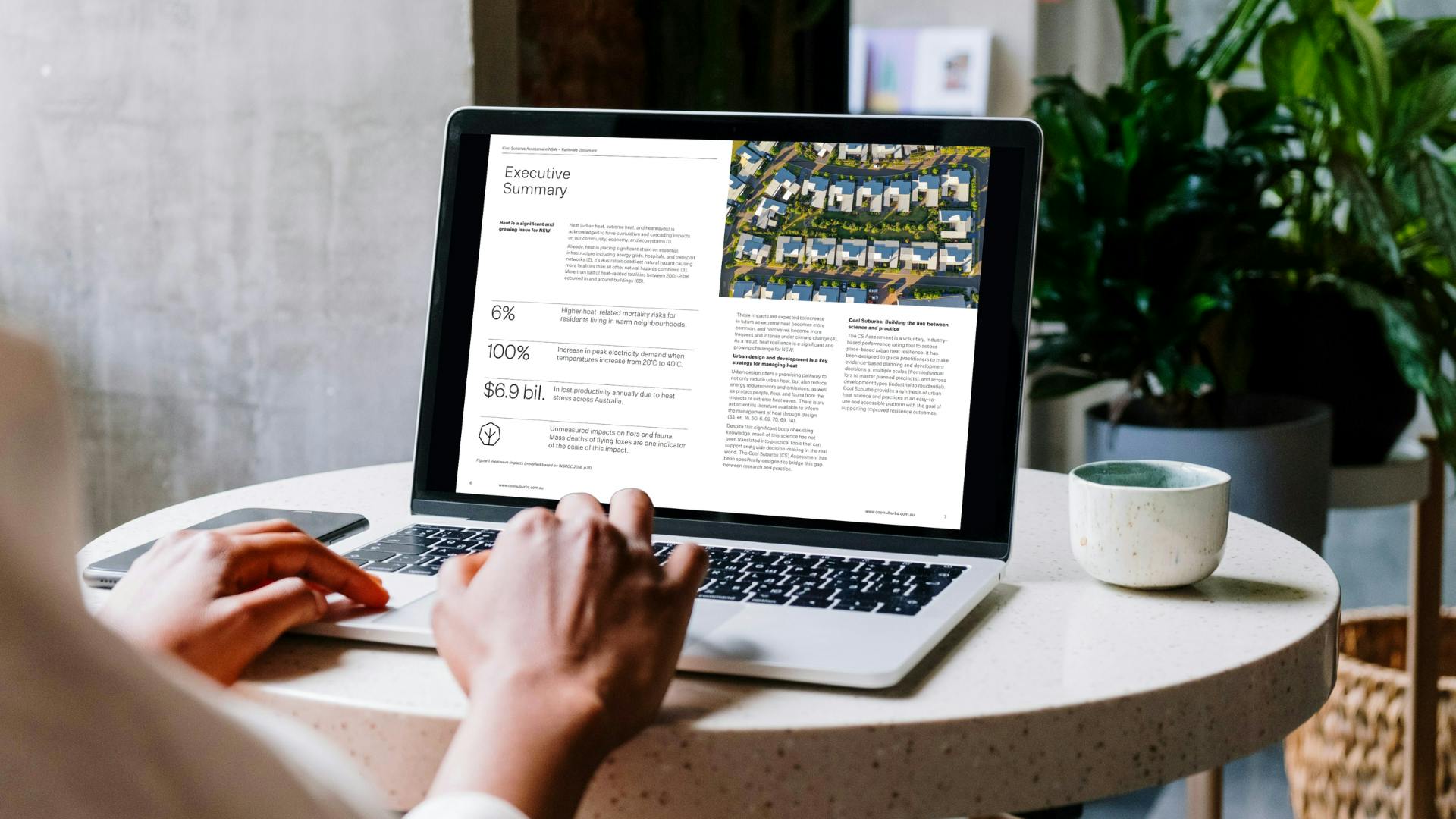
The Result
A robust, science-backed assessment tool for heat resilience.
The Cool Suburbs Assessment was developed to be more accessible, intuitive, and applicable across New South Wales.
Formerly a downloadable Excel tool, it is now a streamlined web-based platform focused on ease of use, broader functionality, and support for a wide range of user types and scenarios.
The tool’s framework was strengthened through continuous collaboration with a stakeholder working group and an expert science panel, ensuring it remained scientifically grounded and fit for purpose.
The tool includes:
– Best-practice planning guidance for both new and existing suburbs
– Credits and performance scores to evaluate place-based heat resilience
– Flexible applicability across development types, scales and climate zones
At its core, the tool helps users to:
– Mitigate urban heat
– Adapt to hotter weather
– Enhance community resilience
Importantly, this project forms part of a broader WSROC-led program to support heat resilience. The Cool Suburbs tool complements a suite of resources including:
– Urban Heat Planning Toolkit – embedding heat resilience in planning
– Future Proofing Residential Development – research into improving thermal safety in buildings
– Greater Sydney Heat Taskforce – a five-year plan for governance on heat
– Community Heat Risk Assessment – localised, probabilistic modelling
– Heat Smart – educational resources for preparedness and response
Together, these initiatives support councils, developers and communities in planning for a hotter future.
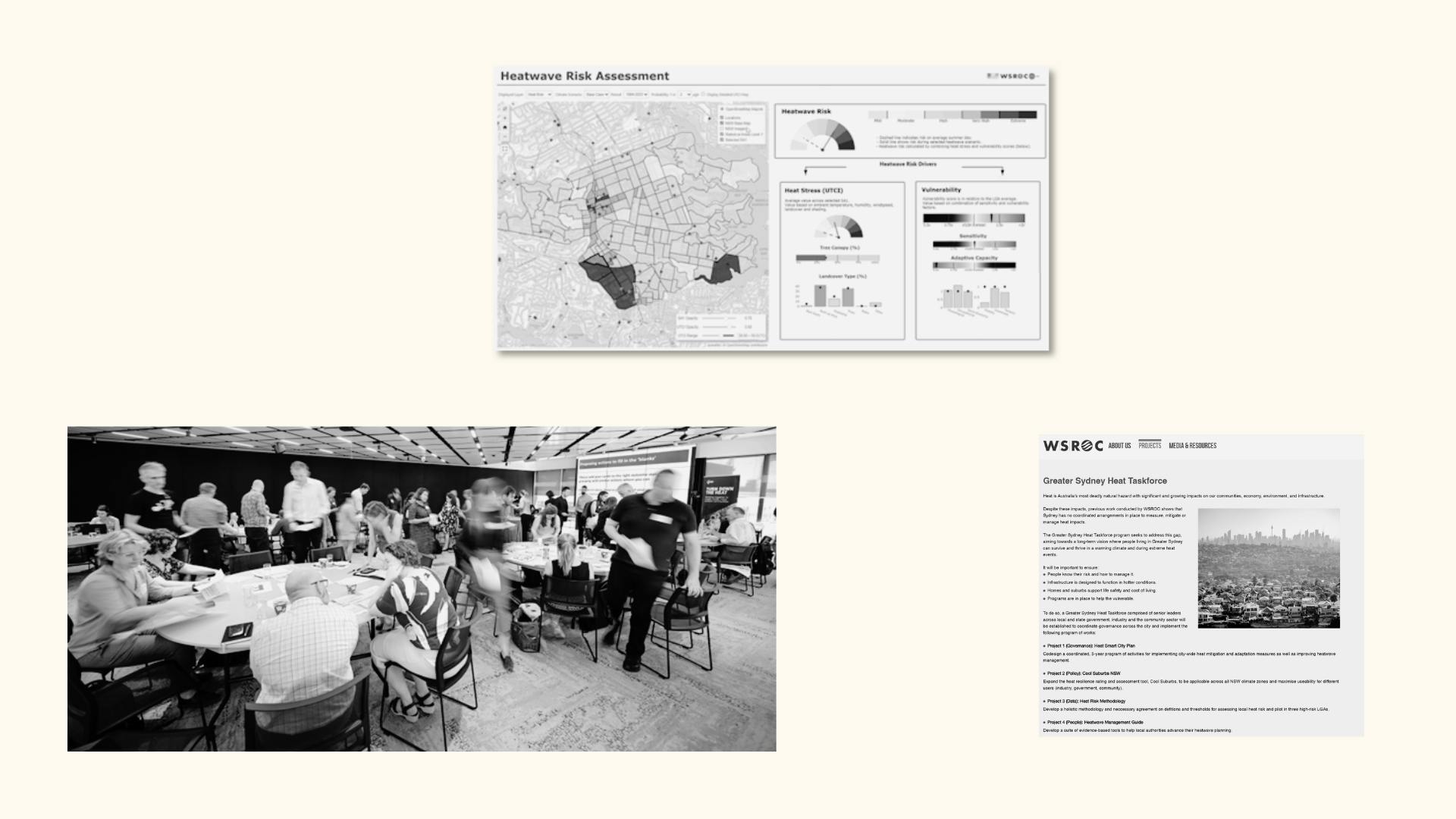
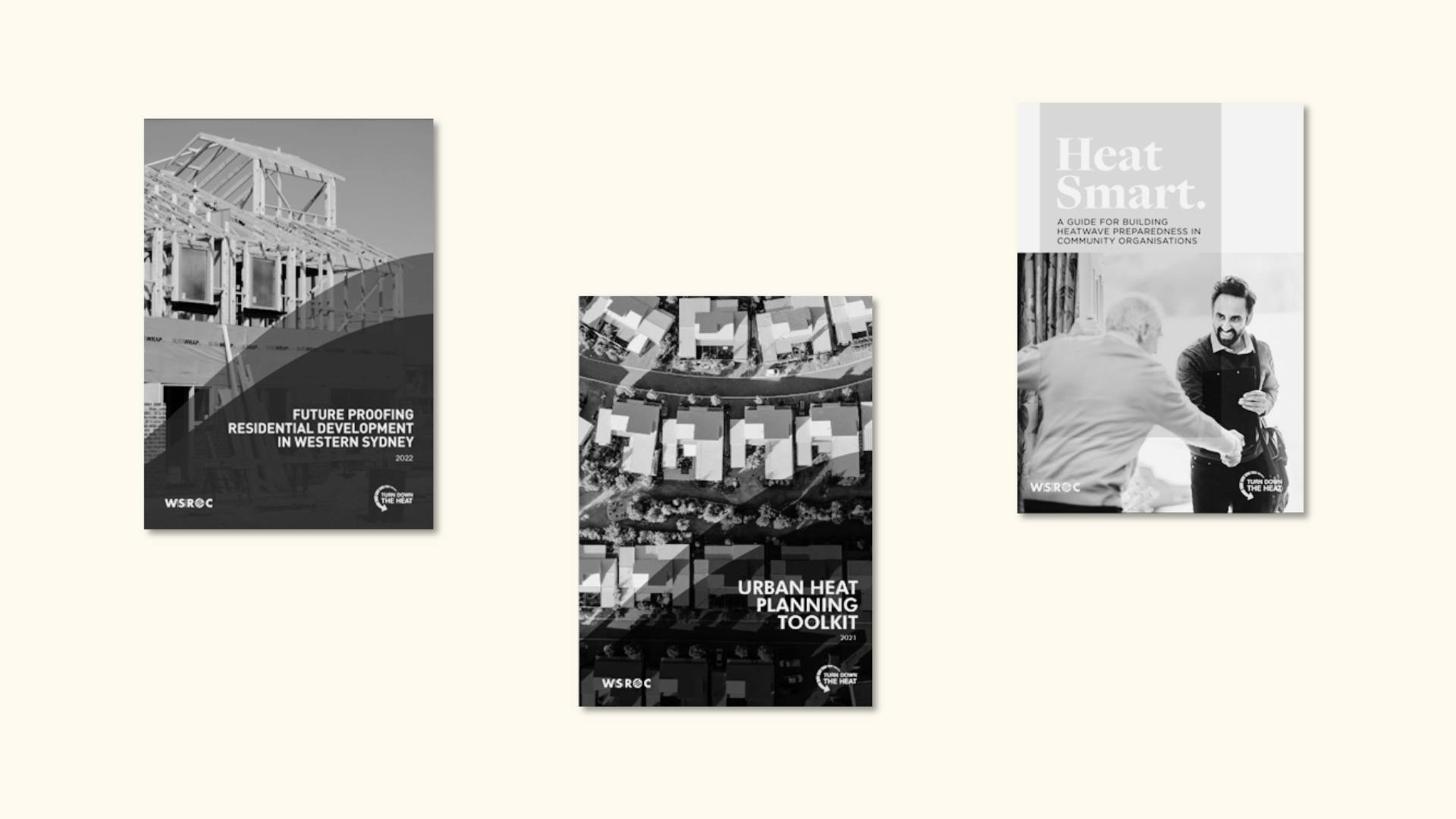
Related case studies
Shaping the future of the Australian wool industry
Accelerating Nature-Positive Change with Australian Wool Innovation
Explore how Edge Impact helped AWI launch Woolmark+.
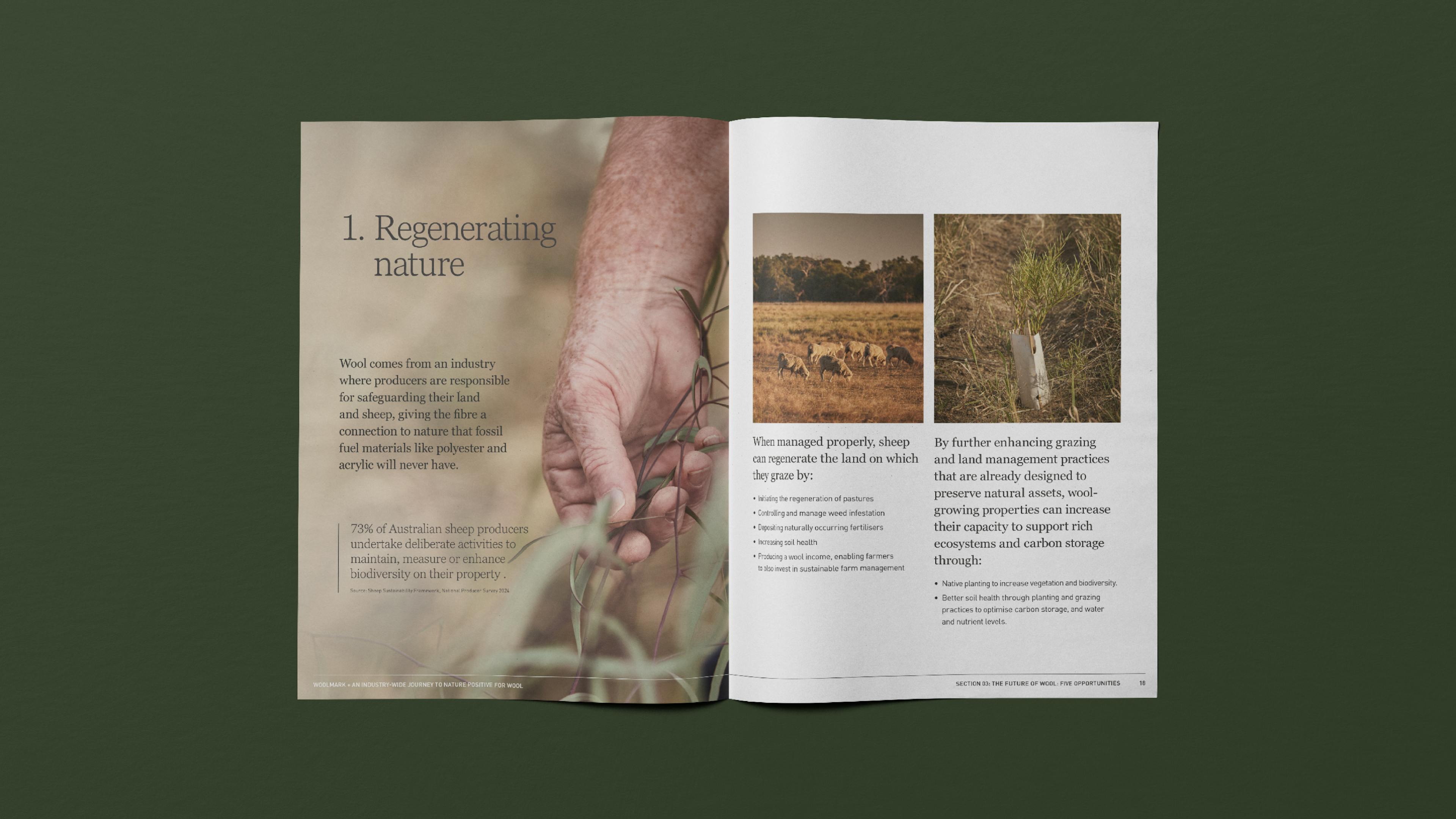
Nature impact and dependency assessment
UNSW’s supply chain reliance and impact on nature
We set out to unpack the nature-related impacts and dependencies through UNSW’s supply chain.
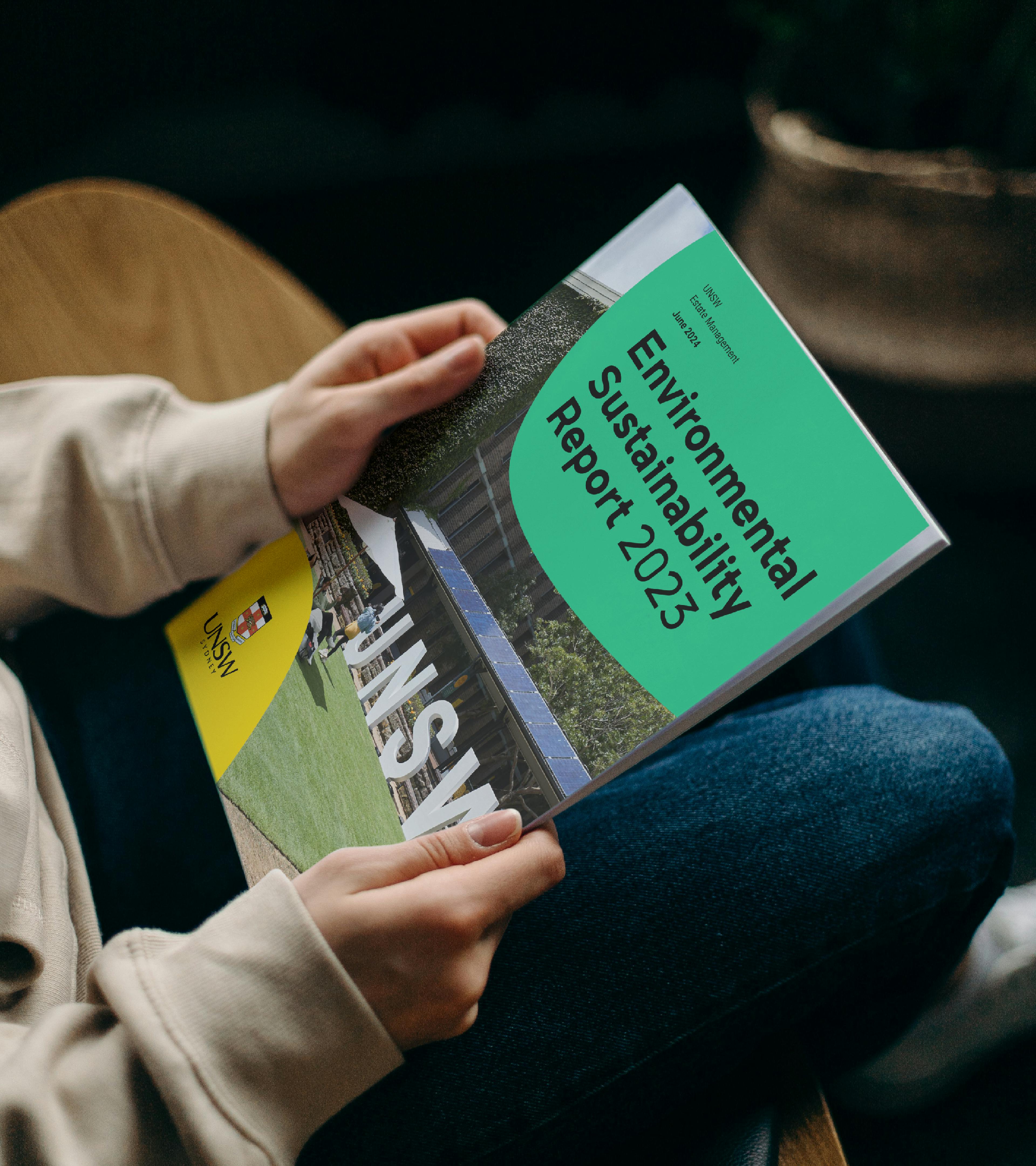
A comprehensive plan for lower emissions in winemaking
Wine Australia's Emissions Reduction Roadmap
An industry-led approach to cutting emissions while ensuring prosperity for grape growers and winemakers.
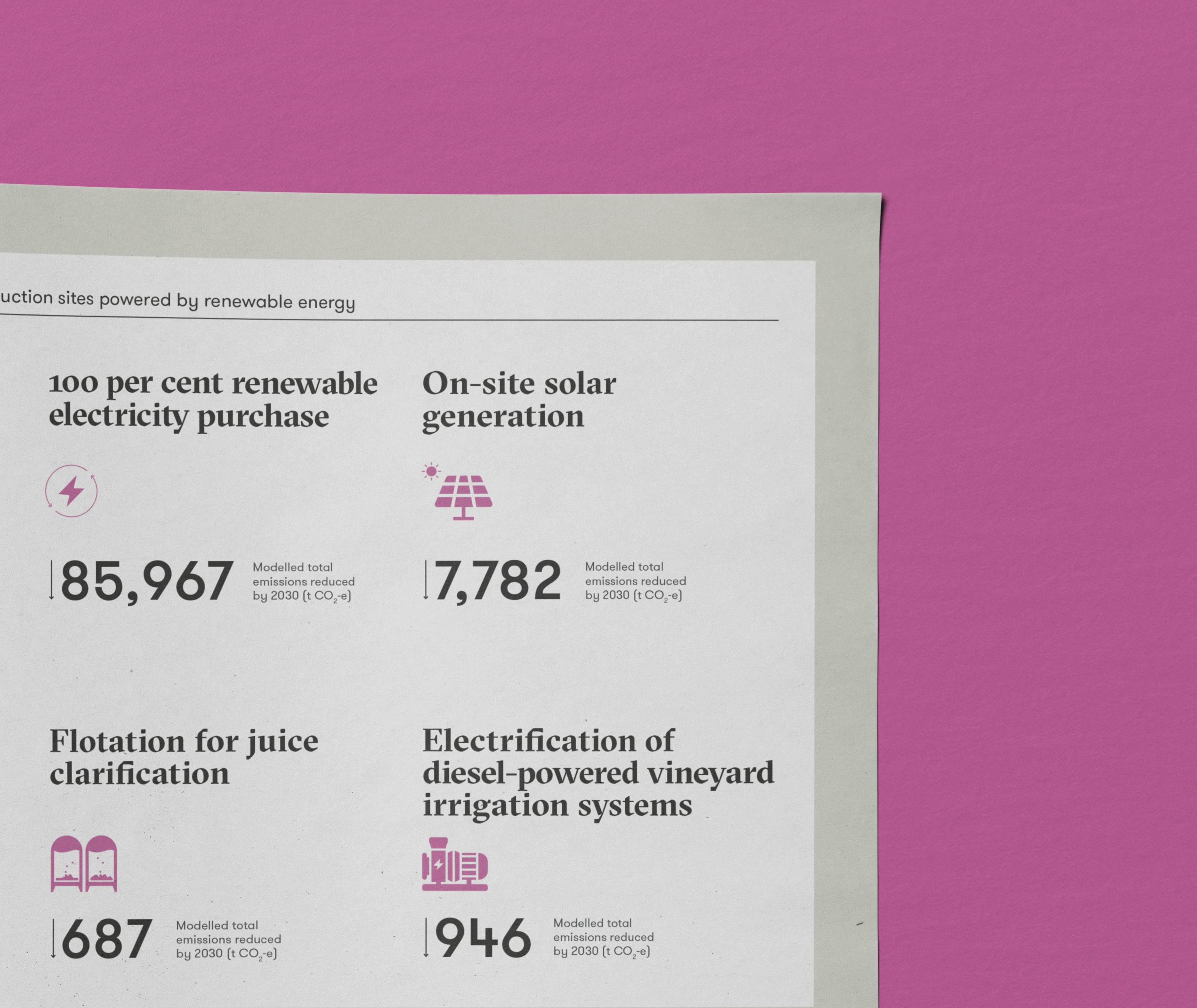

The Edge Round-Up
Get the latest sustainability insights, industry updates, and exclusive invites—straight to your inbox, once a month.
Join the list today.

